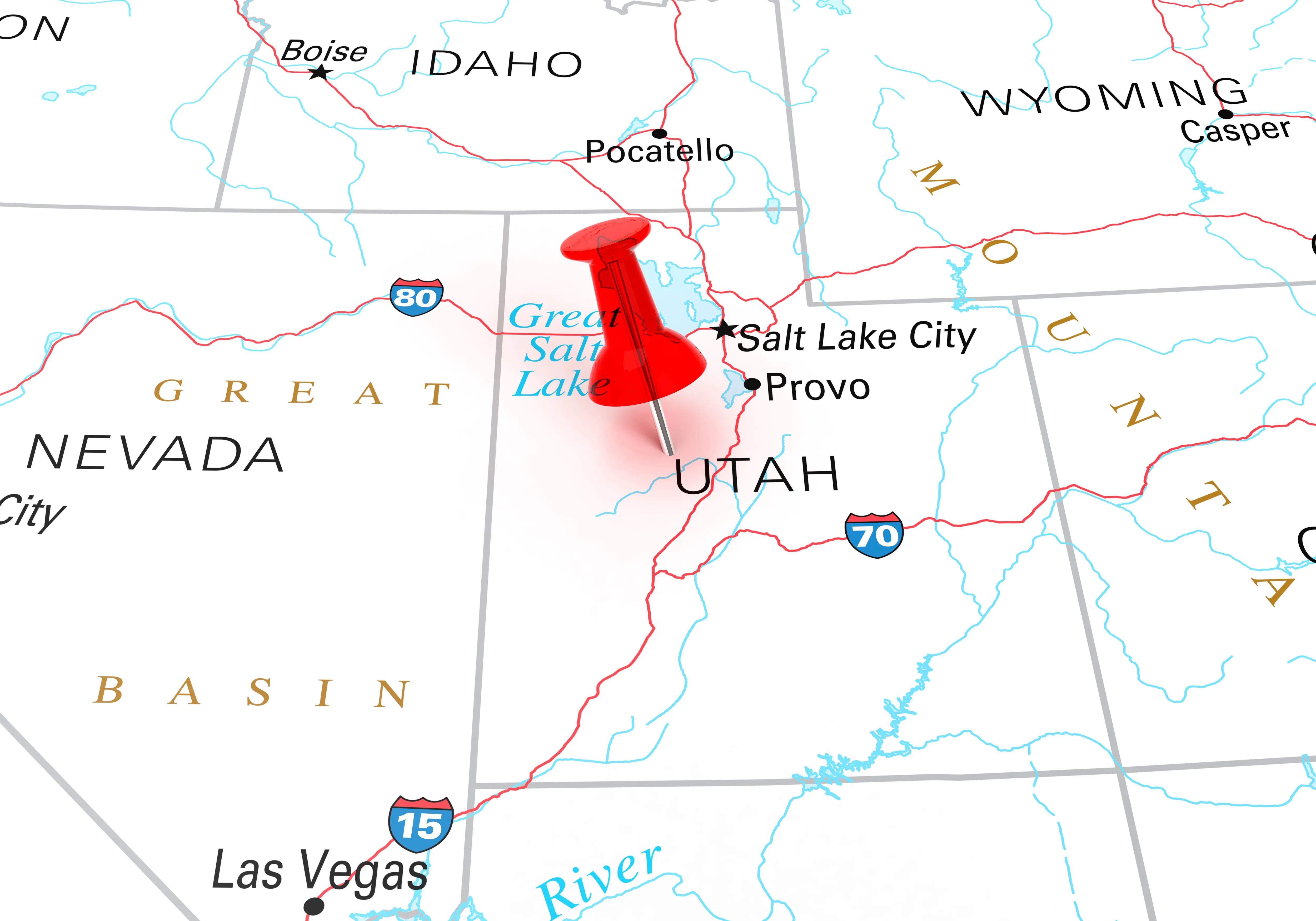
Some Colorado Democrats eye ‘noncommitted’ option in March 5 primary
(Colorado Newsline) Democratic and unaffiliated voters in Colorado may have noticed something they weren’t expecting when they opened their presidential primary ballots last week.
Below the names of President Joe Biden and seven other candidates certified for the ballot in the state’s Democratic primary, which will take place on March 5, is a ninth ballot line: “Noncommitted delegate.”
If selected by enough voters, it could mean that some of the 72 nominating delegates sent by Colorado to the 2024 Democratic National Convention in Chicago, scheduled to begin Aug. 19, wouldn’t be pledged to support Biden or any other candidate. It’s the first time such an option has appeared on a Colorado ballot since voters approved an overhaul of its presidential primary elections in 2016, abolishing the caucus system for choosing nominees for president and allowing unaffiliated voters to vote in either party’s primary.

The Colorado Democratic Party’s executive committee voted unanimously to request the noncommitted ballot line in December, said Karin Asensio, the party’s executive director.
“We had a conversation about it, and everybody agreed that this would increase participation and be a more democratic process,” Asensio said in an interview. “Back when we had the presidential caucus, there was always an uncommitted option at caucus. A lot of people really appreciate having the choice of not committing.”
In his bid for reelection, Biden is overwhelmingly likely to win enough pledged delegates to become his party’s presumptive nominee long before primary season is over. In the two Democratic primaries held to date, in South Carolina and Nevada, he has captured all 91 delegates estimated to have been awarded so far and nearly 85% of the popular vote, compared to less than 7% for his nearest rival, Minnesota U.S. Rep. Dean Phillips.
But a number of Colorado primary voters told Newsline that they plan to vote noncommitted over concerns about Biden’s age and electability, or in protest over his handling of the war in Gaza. Polls show that both sentiments are widespread among Democrats — large majorities of whom say that Biden is too old to serve another term as president and support a ceasefire in the Israel-Hamas war.
Back when we had the presidential caucus, there was always an uncommitted option at caucus. A lot of people really appreciate having the choice of not committing.
– Karen Asensio, executive director of the Colorado Democratic Party
Deep Singh Badhesha, a progressive organizer in Denver, wrote Friday on X that he plans to vote for a noncommitted delegate.
“Though it’ll be late, if Biden’s polls continue to suffer and a loss to Trump looks likely, it’s up to the Dem delegates in Chicago in August to fix this and nominate someone who can win,” he said.
15% threshold
To be awarded delegates, the noncommitted ballot line will have to meet the same threshold as a candidate would — 15% of the vote statewide or in one of Colorado’s eight congressional districts. Delegates will be selected in proportion to the primary vote at district-level and state assemblies in April.
The few results recorded so far in the Democratic primary calendar suggest meeting that 15% threshold is a tall order. In Nevada’s low-turnout Feb. 6 primary, 5.6% of voters selected a none-of-the-above option. A campaign to persuade voters to write in “ceasefire” in New Hampshire’s unsanctioned Jan. 23 primary, meanwhile, managed to attract only 1,500 votes, about 1.2% of the total.
Drew Romano, a Colorado voter who previously served as a Democratic National Committee delegate in 2016, told Newsline that he will vote noncommitted this year even though he knows it’s unlikely to make a difference.
“I still want to make a statement,” he said. “If (Democrats) cared about our future Biden would put his ego down and step aside.”
A week before Colorado and 13 other states will hold their contests on “Super Tuesday,” March 5, Democratic primary voters will head to the polls Michigan, where a large Arab-American population has been especially outspoken against Biden’s steadfast support for Israel’s assault on the Gaza strip. The war, which began on Oct. 7 when a Hamas attack resulted in the deaths of over 1,200 people in Israel, has now killed over 28,000 Palestinians and caused widespread destruction, mass displacement and a worsening humanitarian crisis in Gaza.
A formal campaign, Listen to Michigan, has urged voters to cast an “uncommitted” vote and attracted support from state and local lawmakers and progressive groups. An organizer told the New York Times last week that he hoped the effort would attract the support of 10% of primary voters.
Colorado, by contrast, hasn’t seen an organized none-of-the-above movement. Asensio said she thought it was unlikely that the noncommitted vote in Colorado would exceed the 15% threshold.
“It doesn’t impact much. It just gives the voters just more options, and we believe in more options for people,” she said. “But we support President Biden, and we’re excited to see him on the ballot.”
Colorado Newsline is part of States Newsroom, a nonprofit news network supported by grants and a coalition of donors as a 501c(3) public charity. Colorado Newsline maintains editorial independence. Contact Editor Quentin Young for questions: info@coloradonewsline.com. Follow Colorado Newsline on Facebook and Twitter.

















